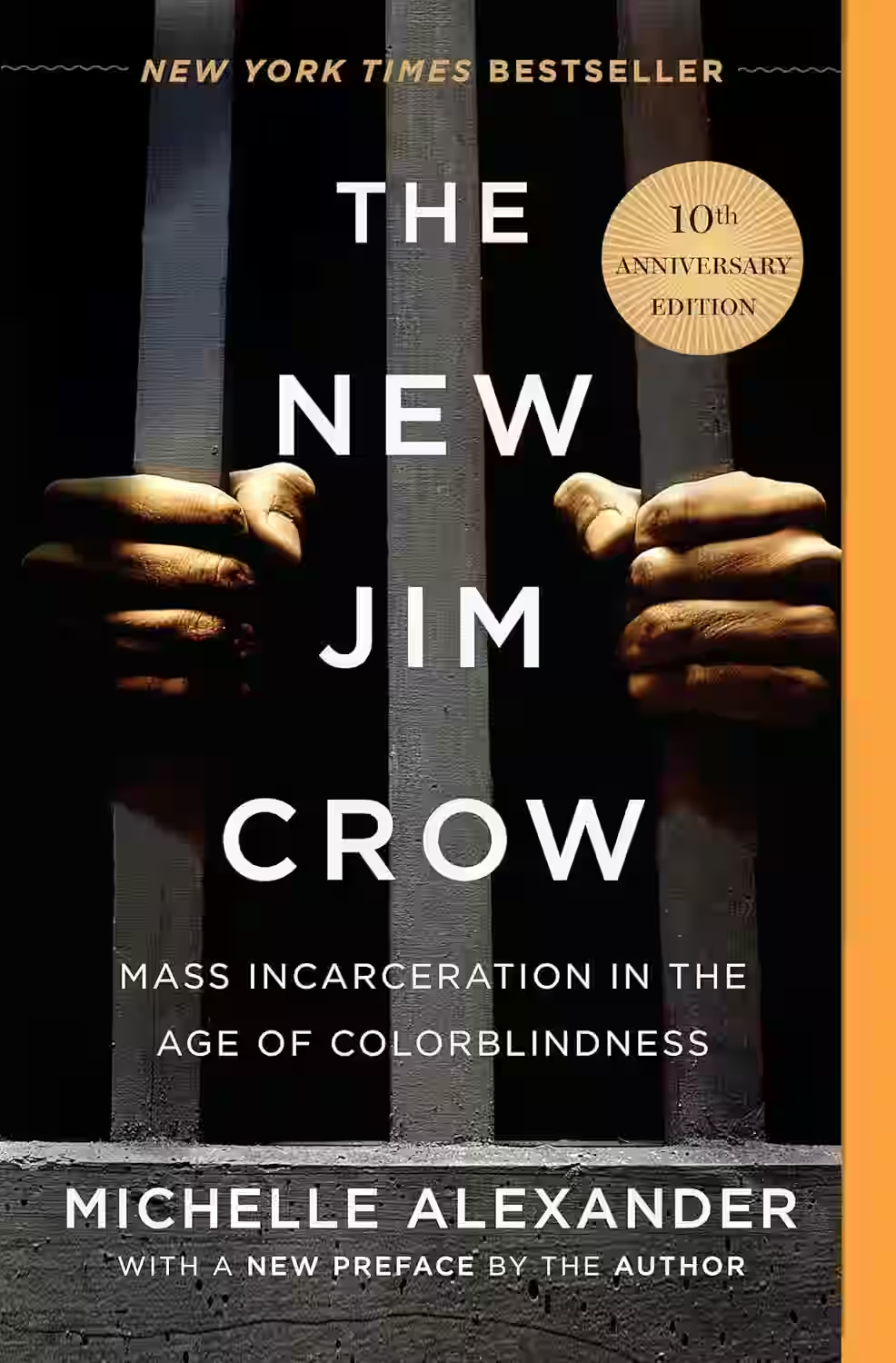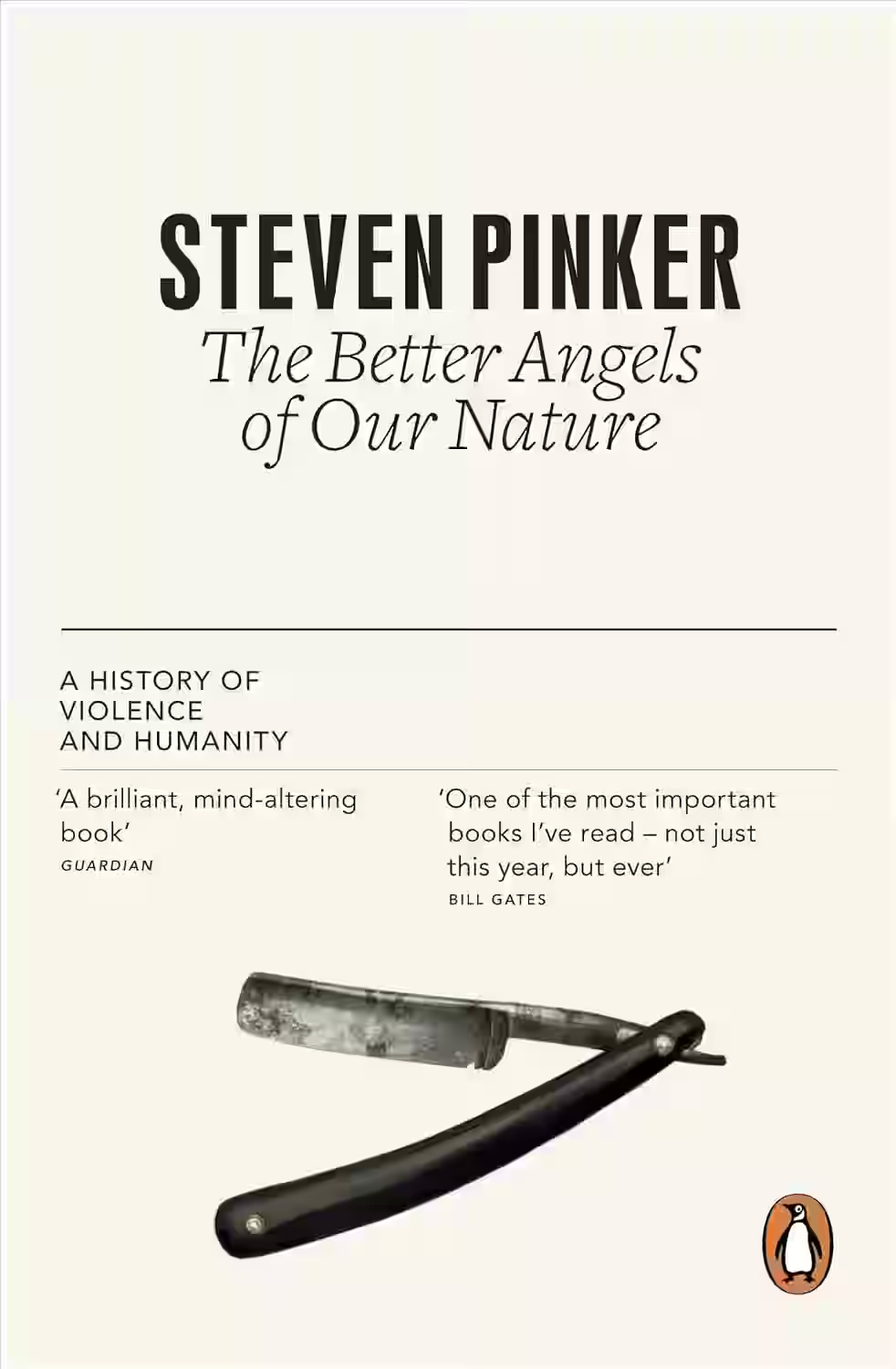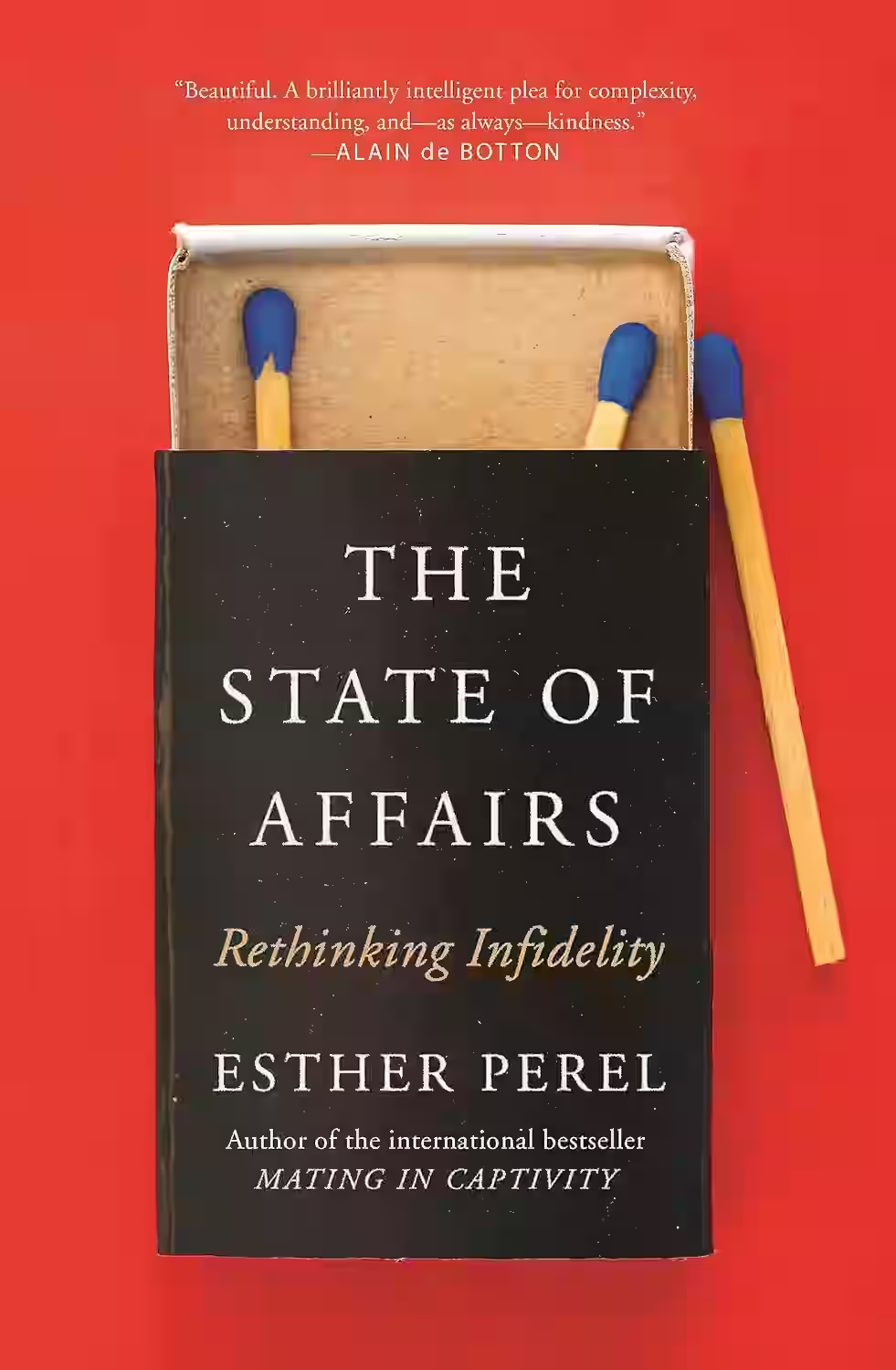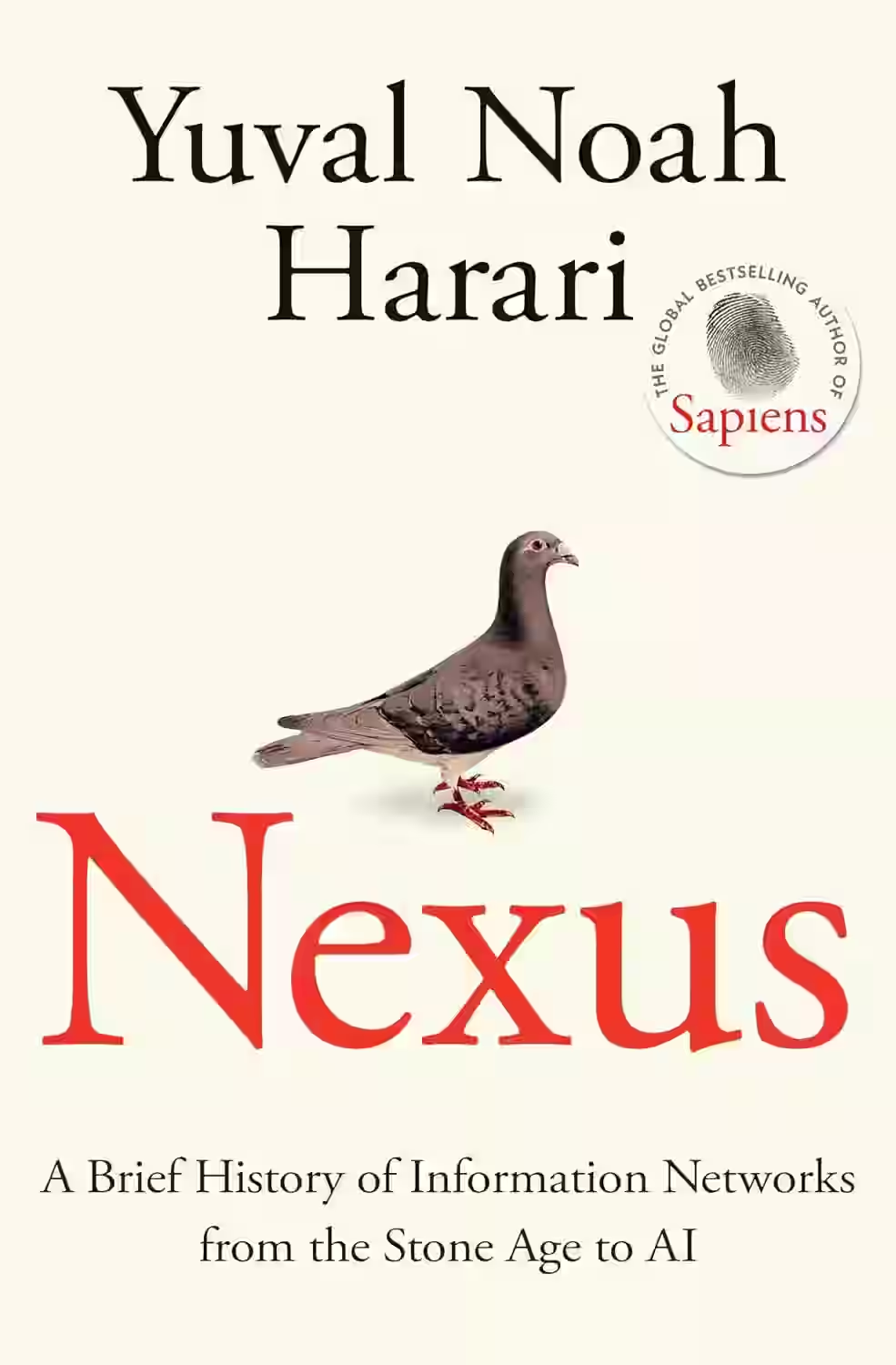
In 'The New Jim Crow: Mass Incarceration in the Age of Colorblindness' by Michelle Alexander, readers are confronted with a powerful and meticulously researched examination of the US criminal justice system. Alexander eloquently argues that America's mass incarceration policies have perpetuated a racial caste system akin to the Jim Crow laws of the past, disproportionately affecting Black and Brown communities. Through compelling narratives and sobering statistics, she sheds light on the systemic inequalities, racial profiling, and biases that perpetuate this modern-day form of oppression. This book challenges readers to critically examine the intersection of race, justice, and society, making it an essential read for anyone seeking to understand and address issues of racial injustice in America.
About Michelle Alexander
Michelle Alexander is an esteemed civil rights advocate and legal scholar renowned for her groundbreaking work examining racial injustice and mass incarceration in the United States. With a background in law and advocacy, Alexander served as the director of the Racial Justice Project at the ACLU of Northern California and held a professorship at Stanford Law School. Her seminal book, 'The New Jim Crow: Mass Incarceration in the Age of Colorblindness,' has received widespread acclaim for its incisive analysis of systemic racism in the criminal justice system. Alexander's writing has sparked critical conversations on race, class, and inequality, solidifying her place as a leading voice in contemporary American literature.
Similar Books

The Better Angels of Our Nature
In The Better Angels of Our Nature, cognitive scientist Steven Pinker argues that, contrary to popular belief, violence has declined significantly over human history. Drawing on data from psychology, history, and political science, Pinker examines how societal changes—such as the spread of literacy, trade, and centralized governance—have contributed to a more peaceful world. He identifies forces like empathy, reason, and moral progress as "better angels" guiding human behavior. Though controversial, the book provides a compelling, data-driven narrative that challenges pessimistic views of human nature and makes a bold case for the progress of civilization over the centuries.

The State of Affairs: Rethinking Infidelity
by Esther Perel
In 'The State of Affairs: Rethinking Infidelity,' renowned psychotherapist Esther Perel delves into the complex and often taboo subject of infidelity, challenging conventional notions and exploring the myriad reasons behind why people cheat. Through insightful anecdotes and compelling research, Perel explores the impact of affairs on relationships, individuals, and society as a whole, offering a fresh perspective that encourages empathy and understanding rather than simplistic judgment. Delving into themes of desire, deception, trust, and personal growth, this book presents a nuanced and compassionate exploration of a universal but often misunderstood aspect of human relationships.

Nexus
In a future where mind-enhancing nanotechnology connects brains like apps, a young scientist develops Nexus 5, a powerful upgrade that could revolutionize human evolution—or destroy it. Caught between shadowy government forces and post-human extremists, he must navigate a dangerous world of espionage, ethics, and power struggles. Fast-paced and thought-provoking, Nexus explores the limits of human potential and the morality of scientific progress in a near-future thriller that blends cyberpunk and biotech with philosophical depth.

Tinsel: A Search for America's Christmas Present
by Hank Stuever
In 'Tinsel: A Search for America's Christmas Present,' author Hank Stuever delves into the heart of the holiday season, exploring the commercialization, traditions, and emotions surrounding Christmas in modern America. Through a captivating blend of storytelling and insightful analysis, Stuever paints a vivid picture of the ways in which Christmas has evolved to reflect the values and dynamics of contemporary society, from extravagant light displays to heartfelt community gatherings. By dissecting the essence of Christmas present, the book raises thought-provoking questions about consumerism, family, and the true spirit of the season, making it a compelling read for anyone interested in the cultural significance of Christmas.